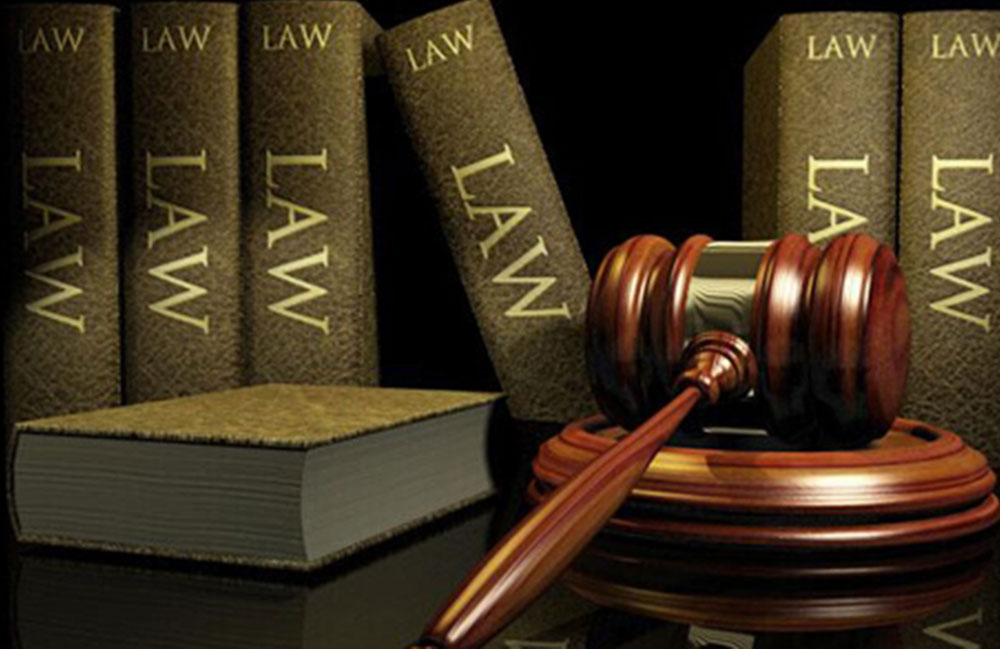According to Sri Lankan Army Commander Mahesh Senanayake, the present security crisis facing the country was a result of the failures of many government institutions. In a television interview available on YouTube, he cited foreign exchange control failures to monitor money coming into the country, Customs Department failures, and intelligence coordination failures.
Aside from these valid insights, there is a more fundamental failure contributing to all other failures: the virtual extinction of a rule of law based legal system, and the crisis of justice institutions. The destruction of Sri Lanka’s rule of law framework did not occur overnight; it happened gradually over a period of some 40 years.
How did a rule of law based legal system become extinct in Sri Lanka?
The most important cause for this is the development of a system based on principles contrary to rule of law principles. This system was created largely by the 1978 Constitution, which itself is based on such contrary principles:
The 1978 Constitution allows for the virtual taking over of the lawmaking function by the Executive President, thus virtually displacing the role of a dynamic legislative system to debate and adopt laws. In the process of such debates, how the new legislation affects the overall rule of law framework is an important consideration.
Rules relating to the passing of laws and amendments to the Constitution were changed to make it easy for the Executive President to pass legislation suited to him while preventing public debate on such legislation.
By including national security provisions in the Constitution, a conflict is created with the rule of law principle. The inclusion of the national security law into the Constitution made it possible to grant impunity for many crimes.
The Constitution virtually displaced command responsibility in all institutions, making it possible for the Executive President or other parliamentarians to interfere in these institutions. As a result, gradually, the way was paved for politicians and influential persons to use public institutions as they wished. This displaced the rule of law framework for these institutions.
Discretion in deciding on matters of any kind in any institution was widely allowed, thus displacing the basic principle that it is the law that is important in decision-making and that discretion only plays a limited role. This gave rise to all kinds of practices, which would have been considered illegal under the rule of law systems. It also ensured that no monitoring of the institutions was possible, with everyone acting as they wish.
This process made its way into justice institutions as well. The police, for instance, had many varying criteria for acting on crimes, depending on all kinds of extraneous consideration. The same happened to the Attorney General’s department, which for a long time had the reputation of being based on legal considerations only. Within the judiciary, discretion took a more prominent place than the law. This happened in a wild way under Chief Justice Sarath N. Silva, and it has continued thereafter. This was expressed beautifully by late S. L. Gunasekara, Senior Attorney at Law, who wrote that ‘those days we knew what will be the ultimate outcome of a case and that is no longer the case now’. Even the United Nations Human Rights Committee exposed how international norms and standards were violated by some of the judgments of the Supreme Court.
As a result of this displacement of the rule of law system, Sri Lanka lost the ability to distinguish between legality and illegality. Actions are regarded as valid despite being illegal. Many monetary scandals have their base in ignoring rules and laws. Enforced disappearances, widespread corruption, and many other illegal practices have now become part of the local system of law and justice in Sri Lanka.
When a system is so confusing, it is almost impossible for various institutions to coordinate towards achieving a single purpose. For a state, the security of its citizens is the most important single goal that it should pursue. This is not possible however when the total system is not run by uniform principles considered the basic criteria of judging the action.
What matters in security is not what is done after the disaster has already taken place. What really matters is prevention. Working towards prevention is something that is done on a regular basis as daily work. Such prevention is possible only when every one is bound by the same ultimate principles of rule of law.
Thus, transforming today’s insecure situation into secure circumstances cannot merely be done by certain military arrangements, which are made during an emergency. The transformation needs to go beyond such situations, and address causes which broke down the country’s legal and judicial system.

Leave your comments
Login to post a comment
Post comment as a guest